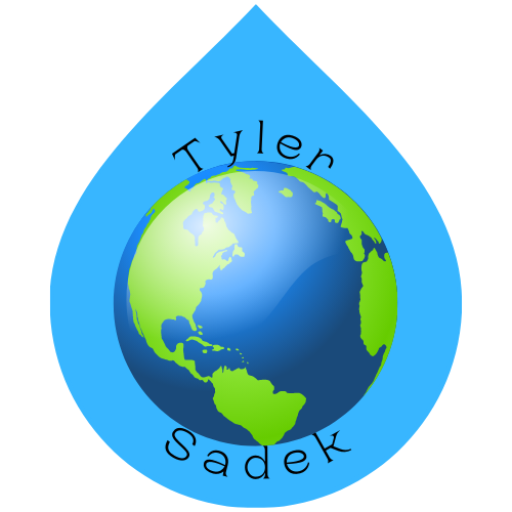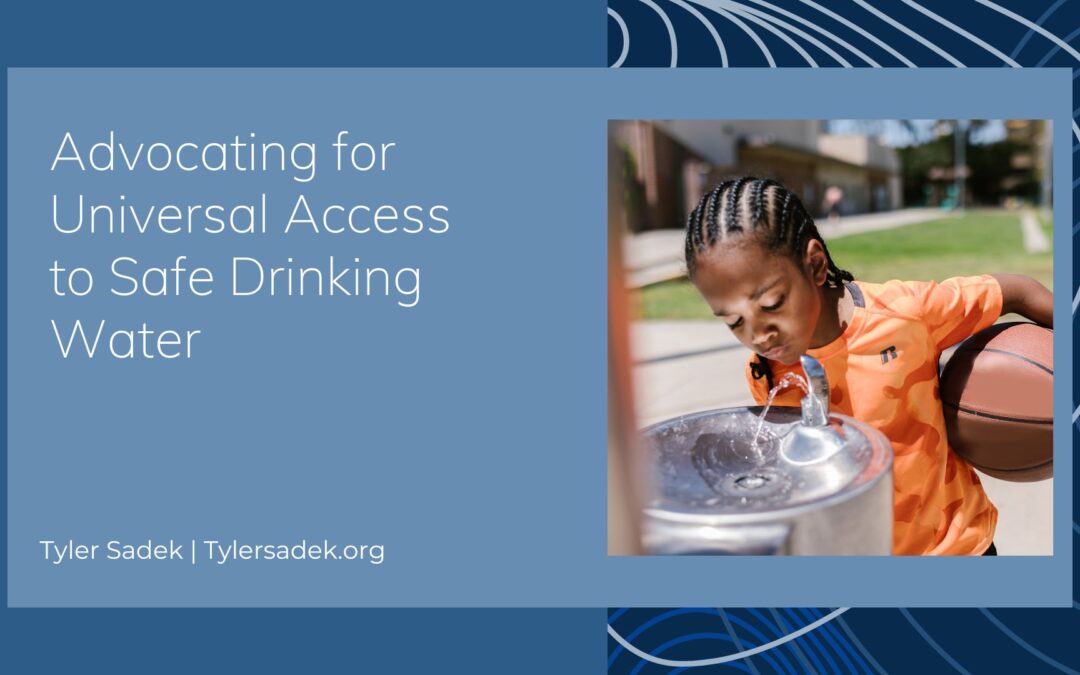Water is a fundamental human right, and access to safe drinking water is essential for life and well-being. Unfortunately, millions of people worldwide still lack this basic necessity, leading to countless health issues and even loss of life. Advocating for universal access to safe drinking water is not only a moral imperative but also a critical step toward achieving global sustainable development goals. There is a significance in ensuring universal access to safe drinking water and how we can work towards this goal, which leads to waterborne diseases, preventable deaths, and a severe burden on public health systems.
The Importance of Safe Drinking Water
Access to safe drinking water is essential for various reasons:
- Health and Well-being: Safe drinking water is a cornerstone of good health. Contaminated water can lead to waterborne diseases, including cholera, dysentery, and typhoid. Universal access to clean water can save countless lives.
- Poverty Alleviation: Lack of access to safe drinking water disproportionately affects marginalized communities, trapping them in a cycle of poverty. When water is easily accessible, people can engage in income-generating activities, attend school, and improve their quality of life.
- Gender Equality: In many parts of the world, women and girls are responsible for collecting water, which often involves long, arduous journeys. Access to safe drinking water can reduce the burden on women and promote gender equality.
- Economic Growth: Reliable access to clean water is essential for economic development. Industries, agriculture, and businesses all depend on water for their operations. Universal access to safe drinking water can boost economic growth and stability.
- Environmental Sustainability: Ensuring safe drinking water is also essential for protecting our ecosystems. Contaminated water sources can harm aquatic life and damage the environment.
Strategies for Advocacy
Advocating for universal access to safe drinking water requires collective efforts at various levels, from individuals to governments and international organizations:
- Raise Awareness: Start by raising awareness about the global water crisis. Share information and stories about the impact of unsafe water on communities and individuals. Engage in discussions and social media campaigns to create a sense of urgency.
- Support Nonprofits and Charities: Many nonprofit organizations and charities are dedicated to providing access to clean water in underserved areas. Support these organizations through donations, volunteering, or fundraising activities.
- Engage with Local and National Governments: Advocate for policies and initiatives prioritizing access to safe drinking water at the local and national levels. Contact your representatives, attend town hall meetings, and participate in public hearings to voice your concerns.
- Promote Sustainable Practices: Encourage water conservation and sustainable practices in your community. Promote the responsible use of water resources and support initiatives to improve water infrastructure.
- Educational Initiatives: Promote water education programs in schools and communities. Teach people about the importance of water conservation, sanitation, and hygiene practices.
- International Collaboration: Recognize the global nature of the water crisis and advocate for international collaboration to address the issue. Support organizations like UN-Water and participate in global efforts to ensure universal access to clean water.
Universal access to safe drinking water is not just a goal; it is a fundamental human right. The global water crisis is a challenge that demands collective action from individuals, communities, governments, and international organizations. By raising awareness, supporting nonprofits, engaging with local governments, promoting sustainable practices, and advocating for educational initiatives, we can move one step closer to ensuring everyone has access to safe drinking water. It is a mission that transcends borders and ideologies, aiming to create a world where no one suffers from preventable waterborne diseases and where everyone can enjoy the benefits of clean water for a healthier, more prosperous, and sustainable future.

